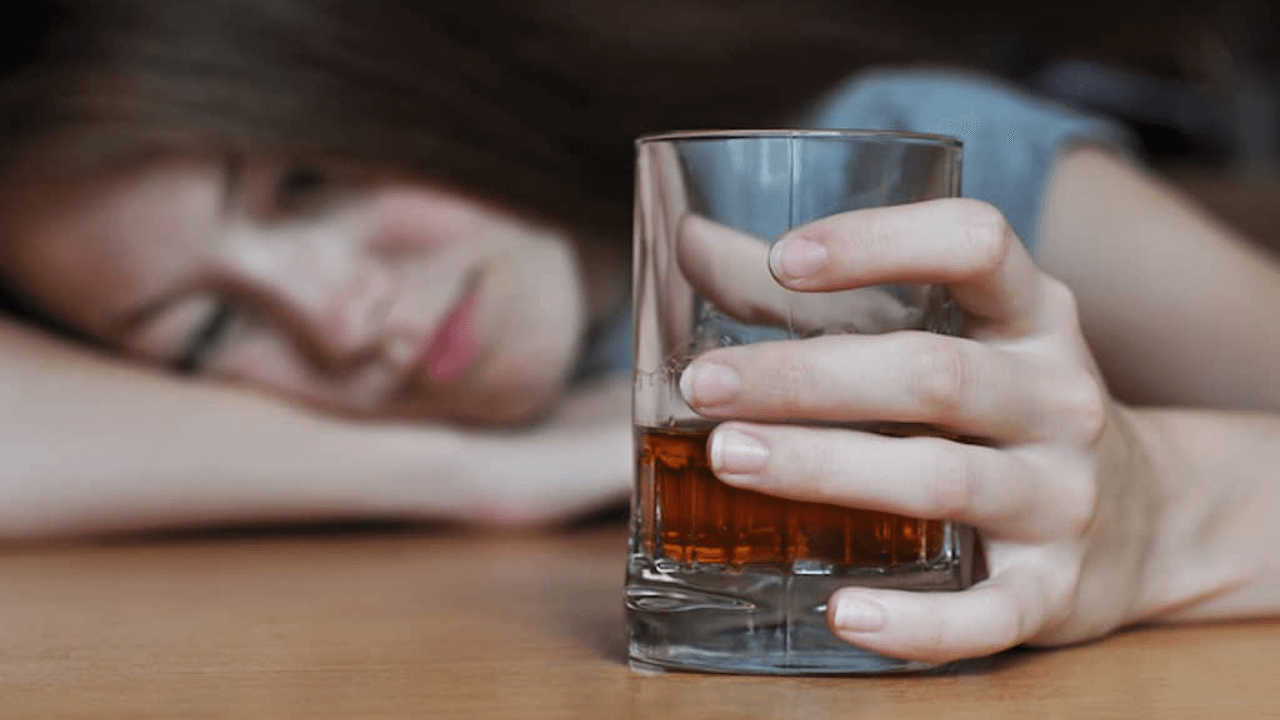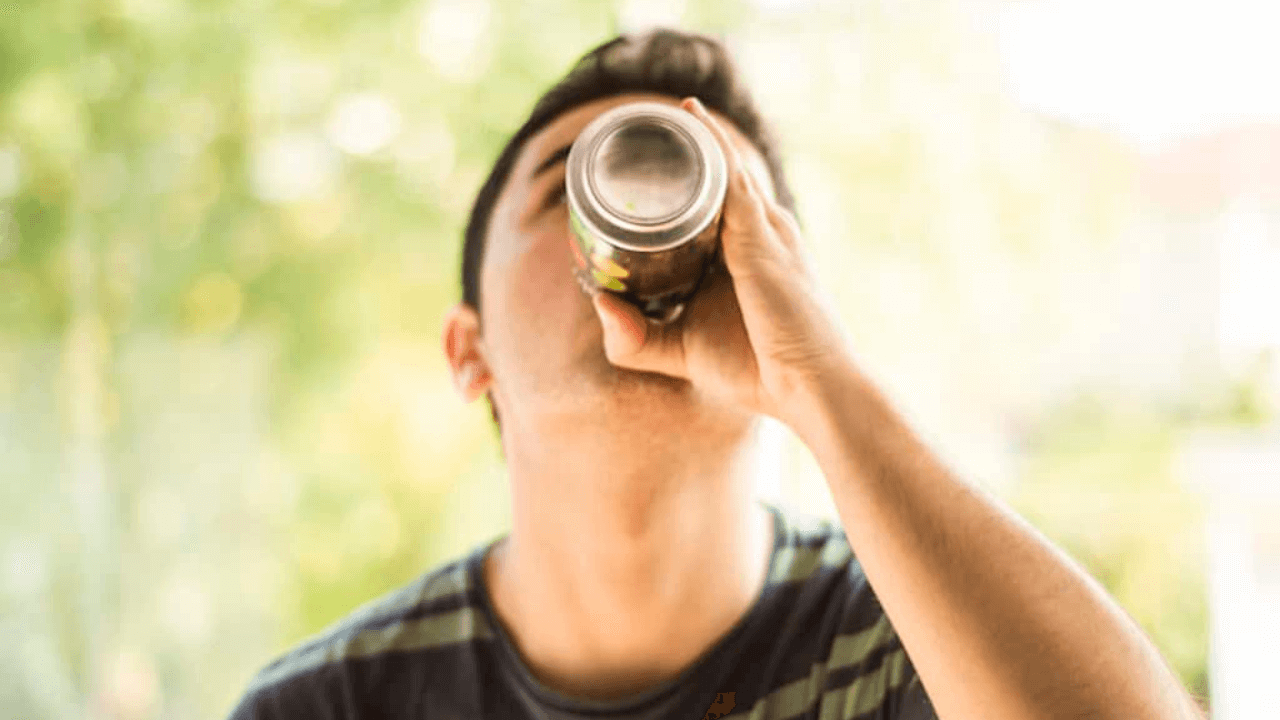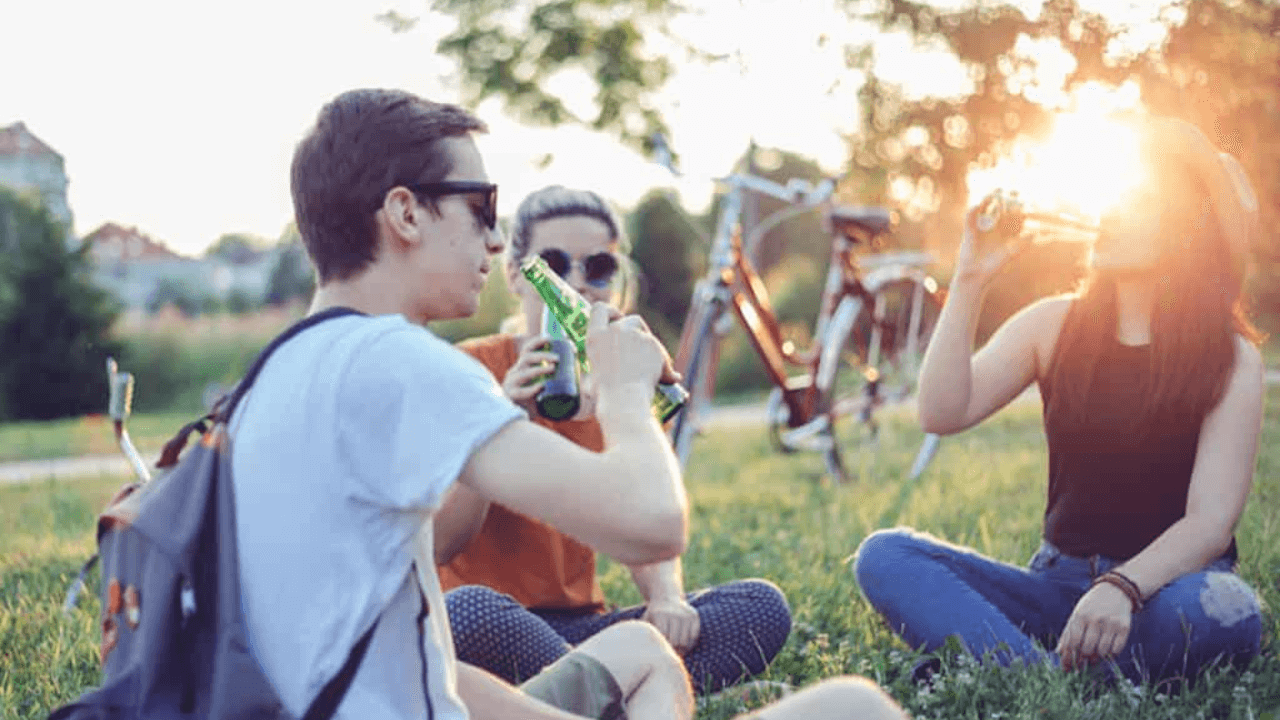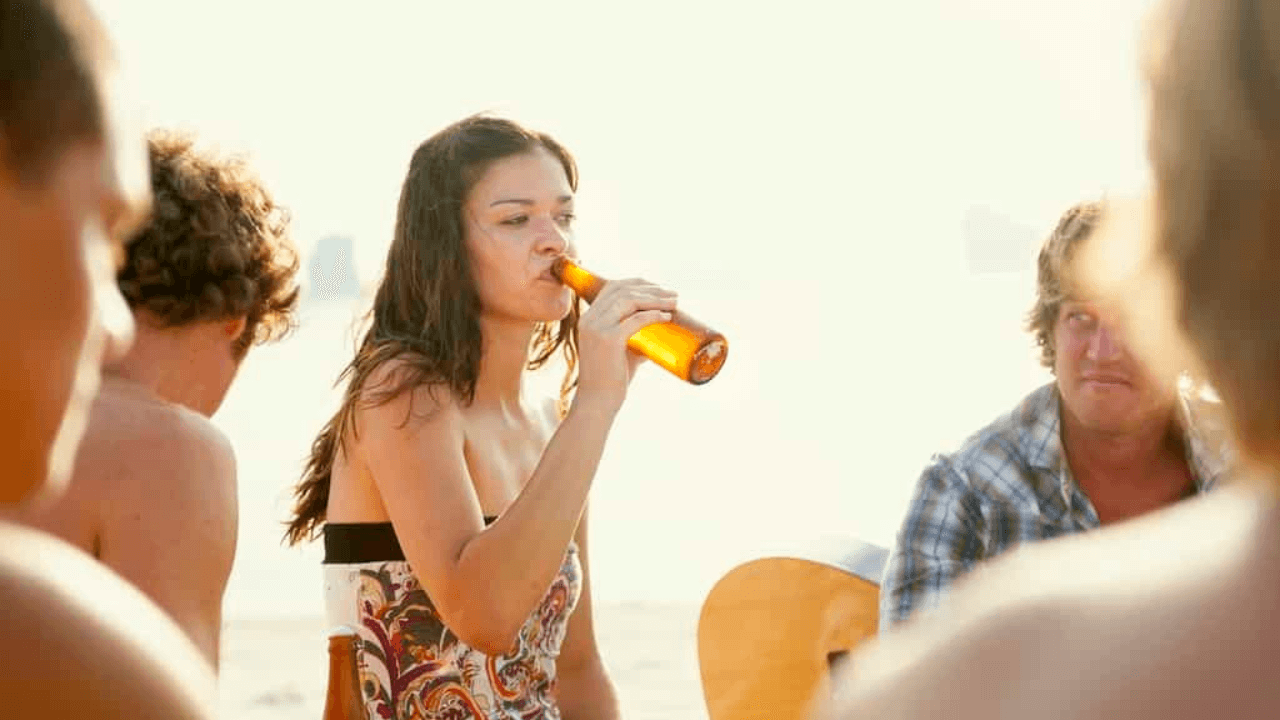Teens have found ways to get drunk even without access to alcohol by using accessible products, like chemicals, gasoline, over-the-counter (OTC) and prescription drugs, and others.
Parents might be aware of LSD, cocaine, meth, or marijuana use among teens. But some kids are resorting to everyday products to get drunk without alcohol or illegal drugs.
Many of these products are readily accessible to teens. They might be prescribed medication for chronic pain that they misuse to get high. Kids can also resort to using other products that create a similar effect of getting drunk.
Abusing inhalants is called by many slang terms, like huffing, glading, or bagging.
According to the National Institute on Drug Abuse (NIDA), inhalants “such as spray paints, markers, glues, and cleaning fluids . . . contain dangerous substances that have psychoactive (mind-altering) properties when inhaled.”
NIDA Director Nora D. Volkow, M.D. states that “National surveys indicate that nearly 21.7 million Americans aged 12 and older have used inhalants at least once in their lives.”
Inhaling the fumes of certain products can give teenagers a high. Kids might inhale fumes directly from the product or pour them into a bag to contain the fumes. Younger kids tend to use inhalants to get high more than high school-age teens.
Common inhalants include:
Teens who use these products get a similar feeling as they would from drinking alcohol. Inhalants affect the central nervous system, slowing down brain activity. Kids abusing inhalants might have slurred speech, poor coordination, dizziness, and nausea.
Becoming addicted to inhalants is rare, but that does not mean that inhalants are not dangerous.
According to SAMHSA, “Adolescents who engage in inhalant use are at an increased risk of delinquency, depression, suicidal thoughts, and drug and alcohol use. Inhalants also have the special risk of being deadly any time they are used — even the first time.”
Other-the-counter (OTC) medications are easily accessible for kids, as they are often in most home medicine cabinets.
OTC medicines contain substances that can mimic the effects of getting drunk. Some products, like Nyquil, even contain alcohol. Like inhalants, these medicines are easily accessible to young kids and teens.
Some OTC medicines contain opioids called Dextromethorphan (DXM) and Loperamide.
DXM is used as a cough suppressant. You might find DXM in cold medicines labels “extra strength” in either syrup, tablets, or liquid gels. DXM has a depressant and hallucinogenic effect.
Loperamide is an opioid used in anti-diarrheal medicines. You need to use large amounts of loperamide to get any effect. Kids might combine loperamide with other opioids to get the intended effects.
Some states have laws that require age verification to purchase OTC medicines that might be abused by teens.
Kids might take these medicines directly or mix them with other substances. They might even burst gel caps open to put the liquid into sodas or juice.
Hand sanitizer and mouthwash are easily accessible by teens, especially now that most public spaces have bottles of hand sanitizer for public use due to the coronavirus.
Hand sanitizer and mouthwash contain enough alcohol to get kids drunk. These substances are not intended to be ingested and can lead to alcohol poisoning when consumed in large quantities.
Both hand sanitizer and mouthwash contain high alcohol content. You should be mindful of these products, especially if your child has a history of substance abuse. You can purchase alcohol-free products for your kids to use instead.
Many personal care products and cosmetics contain chemicals or alcohol that kids can get without age verification.
Other care products, like aftershave and nail polish remover, can be used by teens to get drunk. Aftershave contains large amounts of alcohol, and kids might drink this as a substitute. Nail polish remover might be used as an inhalant.
Other care products like deodorant in spray cans could also be used as inhalants. Do not buy these products in aerosol cans if you think your child might be misusing them to feel drunk.
Be mindful of other personal care products. They might contain alcohol or other chemicals that kids can misuse. Always check labels and look for substitutes that do not contain inhalants or alcohol.
If your child has been in addiction treatment for an alcohol or substance use disorder, be careful about keeping these products in your home.

There are many reasons why teens want to get drunk, including:
According to the National Institute on Alcohol Abuse and Alcoholism (NIAAA), “Alcohol is the most widely used substance among America’s youth, and drinking by young people poses enormous health and safety risks.”
The NIAAA states the following about underage drinking:
Some risk factors for drinking and drug use include:
If your child has some of these risk factors, be sure to check on their mental health and look for any signs of significant changes to their behavior or mood.
Drinking can be dangerous for teens and young adults. Binge drinking especially can be harmful and deadly, as teens consume large amounts of alcohol in a short amount of time. Underage drinking can cause health risks and brain damage to the developing mind.
When alcoholic beverages are not readily accessible, teens might use other substances to get drunk.
Teens also use other drugs or even get drunk without drinking beer, wine, hard liquor, and other alcoholic beverages. Teenagers have found ways to get drunk or high without using alcohol in the traditional sense.
The other ways that teens use to get drunk without alcohol can be just as dangerous to your kid as underage drinking and drug abuse.
Substance abuse can be a sign of something else going wrong or can cause issues for teens. These issues have both short- and long-term effects on teenagers as they grow into young adults.

According to Youth.gov, alcohol and drug abuse can “develop into lifelong issues such as substance dependence, chronic health problems, and social and financial consequences.”
Alcohol and substance use often leads to other issues that can set teenagers up for problems as young adults. Alcohol and drug abuse can create other behavioral issues in teenagers, or these issues might lead to substance abuse to cope.
Some behavioral issues related to drug and alcohol use include:
The use of alcohol and drugs influences a teenager’s development of executive brain functions and coping skills.
Teens are more vulnerable to the impact of drug or alcohol use because their young minds are still developing. They are learning to handle stress and make decisions at this age. Substance abuse can impede this development in young people.
When teenagers use drugs or alcohol, they might adopt harmful coping skills for stress and develop other behavioral issues.
Teenagers who do not learn to cope with stress or regulate emotions are at risk of relying on substances to self-medicate. They might become dependent on drinking alcohol or using drugs to deal with any negativity in life.
Teens might not have healthy coping skills for life stressors, anxiety, or underlying mental health issues.
To become resilient young adults, kids need to develop healthy coping skills without using substances. Looking for signs of problem drinking can help you keep your kid safe from the long-term effects of drug and alcohol abuse.

The Substance Abuse and Mental Health Services Administration (SAMSHA) lists ways to tell if your teenager is drinking alcohol:
While you might see some of these issues due to other reasons, your teenager might be drinking alcohol or using other substances when you notice several of these signs.
Always try to rule out other possibilities before confronting your child about underage drinking. Kids might have problems with friendships that lead to sudden changes in mood. They might have learning issues or deal with bullying that causes problems in school.
Your child might have an underlying physical or mental health issue at the root of these behaviors. Mental health issues, like depression or anxiety, could eventually lead to your child self-medicating by drinking alcohol or using other substances.
Talking to your kids is the first step to understanding what is really going on when you suspect your child is drinking alcohol or using drugs.
Since teens do not have access to alcohol like adults, they might resort to using other means of getting drunk. Often, the reasons for using these other means of getting drunk are the same as the reasons for drinking alcohol.

When you find your child abusing substances, you want to collect your thoughts before getting into a conversation with them.
Discovering that your kid is abusing substances can be shocking to parents. You might have an immediate reaction of anger, sadness, or disappointment. It is best first to process your own emotions so you can focus on your child.
Talk to your partner or co-parent if you have one. You want to be sure that you are both on the same page. Otherwise, you might send mixed signals to your child if one parent has rules that the other parent does not enforce.
The Partnership to End Addiction has three steps for parents who find their child abusing substances:
Be sure to prepare for this conversation with your child. The better prepared you are, the easier this difficult conversation will be.

Preparing for a difficult conversation about your child’s substance abuse can help you handle this challenging issue.
Consider your child’s perspective
Get your partner or co-parent on-board
Manage your own emotions
Remember that this is not about blame!
Express your concern and say that you are not mad but want to understand
Be prepared for your child’s reaction
Be ready to hear hurtful language or insults from your child
Think out consequences ahead of time
If you suspect that your child has been using for a long time or uses hard drugs, they might need professional help to detox.
Detoxing at home can be dangerous if your child has been using substances or alcohol in large quantities for a long time. If you find evidence of long-term substance abuse, you should consider detox treatment for your child to have medical supervision.
Helping your child with a substance abuse issue is not easy, but recovery is possible with the right support from a qualified treatment center. Reach out for help, and remember that you are not alone.
Teens and young adults might get drunk without drinking alcoholic beverages. These methods can be just as risky as underage drinking. Sandstone Care is here to support teens and young adults with mental health and substance use disorders. Call (888) 850-1890.